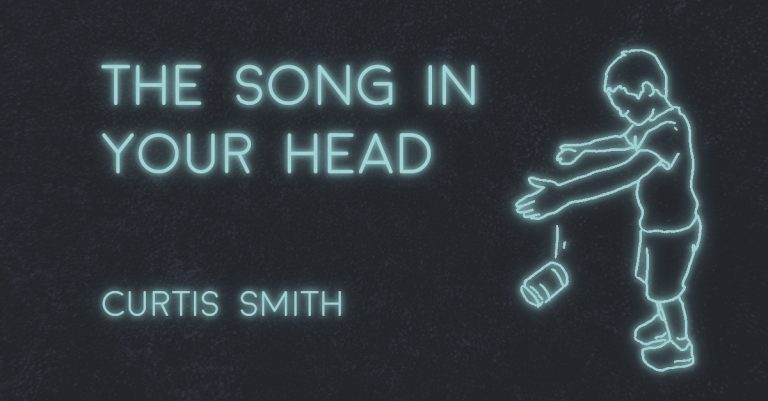
THE SONG IN YOUR HEAD by Curtis Smith
In you, the beating of wings, the ticking of clocks, a heart that’s limped through another day. In you, the swirl of a thousand words you’ve said and ten thousand you haven’t.

In you, the beating of wings, the ticking of clocks, a heart that’s limped through another day. In you, the swirl of a thousand words you’ve said and ten thousand you haven’t.
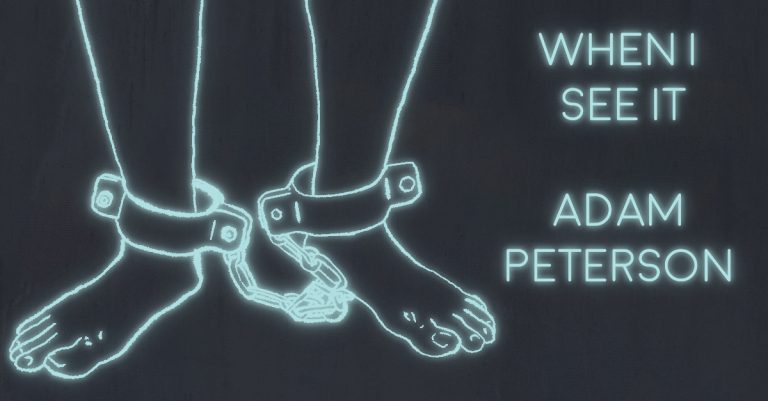
There’s a man with stringy hair talking about sin, but he doesn’t actually commit any. Instead he promises us redemption and tell us which ex-wife we’ll still be married to in heaven.
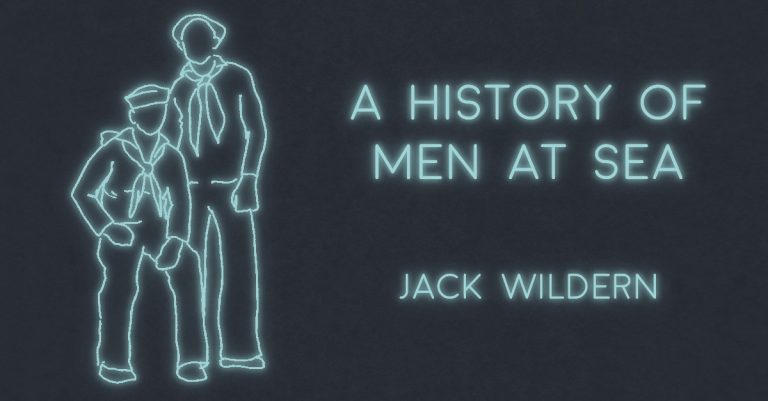
Chris said it would be easy. We just had to avoid crashing into the pier when we launched. He liked the sea and I liked getting lost. Taking the boat out to the fort suited us both.
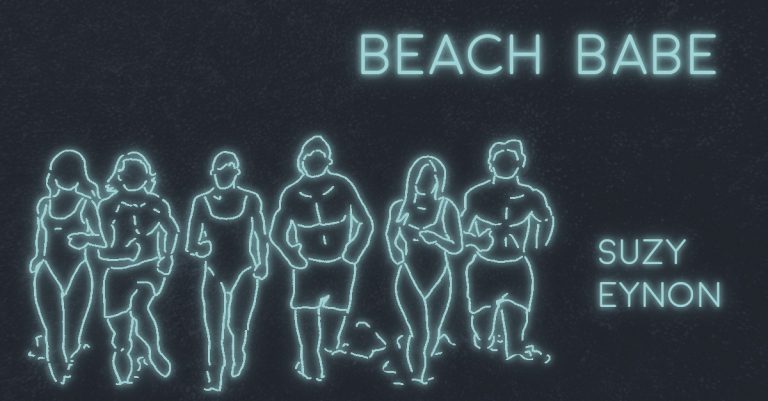
On the drive, you read an erotic story in a women’s magazine and try not to picture the dripping peach as your father navigates over sizzling asphalt.
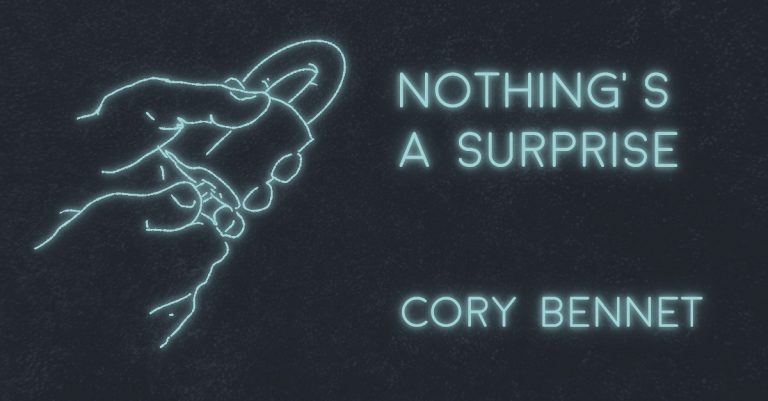
A key that unlocks many locks is dope but a lock that opens for any key is busted, is how it was explained to me once, but I’m no fucking locksmith. I just liked getting laid.
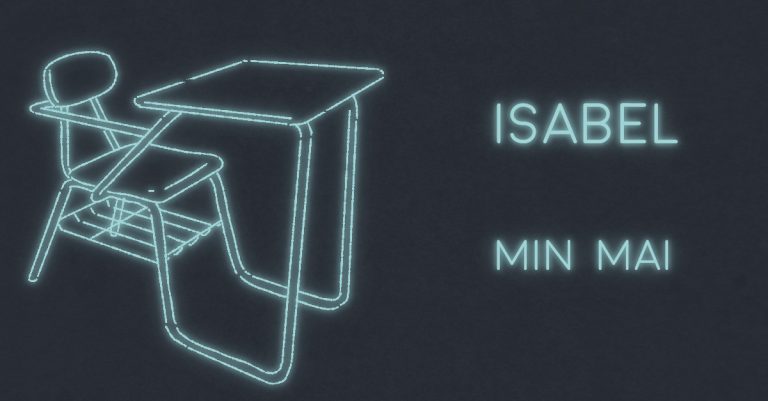
We were scraping the gum off the underside of a desk when she removed her dress, folded it into a square, and rested it on the teacher’s desk. She said simply that she didn’t need the job of cleaning the gum off her clothes too. I stared at her sandy skin exhaling its own heat. I was sad for her: she was loveless.
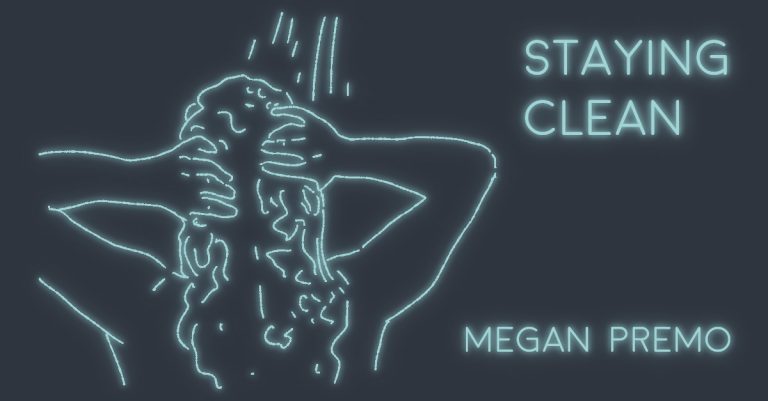
The foamless rectangle was greenish-blue, an institutional color, not a tropical one, and it smelled like something meant to clean dishes or toilets or floors, not human hair, not fourteen-year-old girls’ bodies.
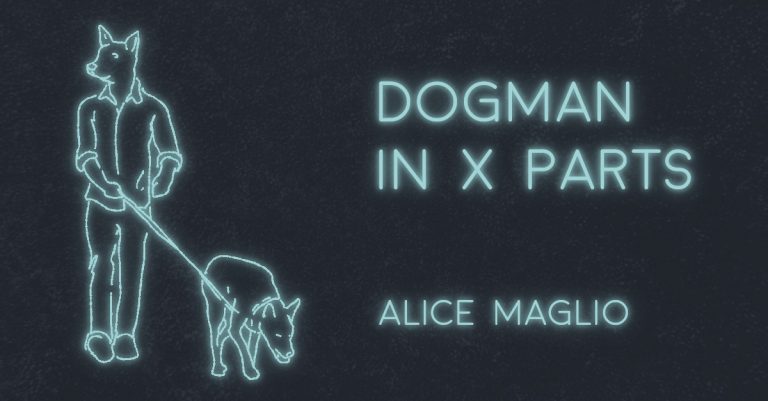
Nightstand condom: faint red on latex. Dogman is peeing. I contemplate my residue. Nothing violent about it, just a swift move at an awkward angle. Only now I realize there must be a tear.
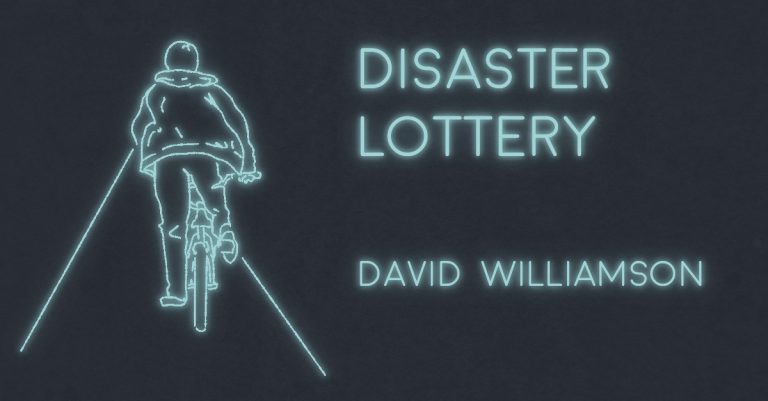
A few years back when I’m twelve and old enough to be alone at home while my parents leave and stay out late, I find some cigarettes and smoke them in the house, then I take two sips each from all the liquor bottles we have in the house, and then I get hit over the head with a premonition that my mom and dad are never coming back home. I move to the front window, the one that I can see the farthest down the road, and I stare out the glass and watch for their car. I focus
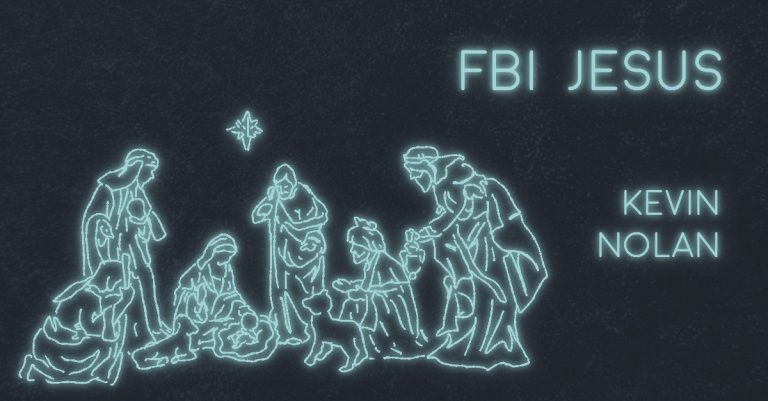
You remember not really understanding the true meaning of Christmas and not worrying for a moment about your ignorance. It didn’t matter. No one ever checked if you knew.
